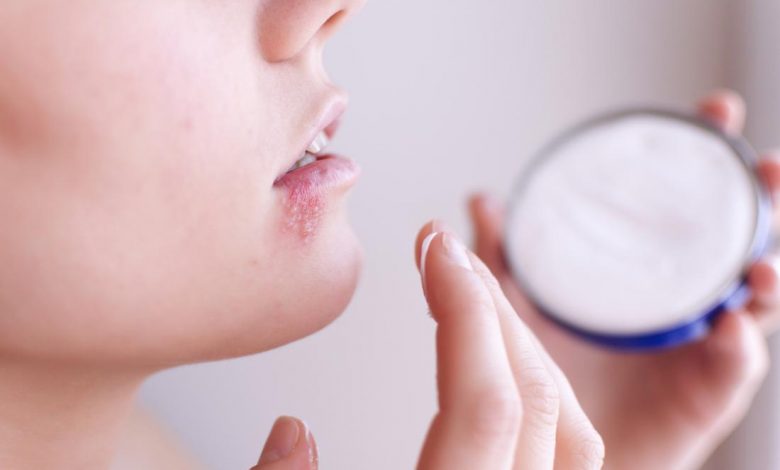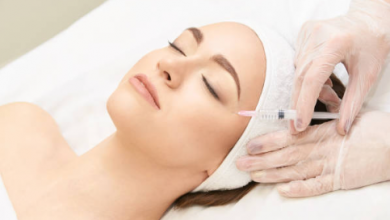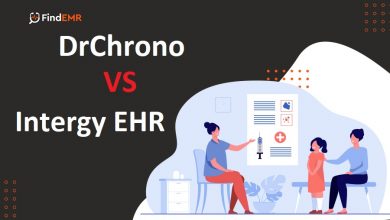How to Protect Yourself Against HSV-1 and HSV-2 Genital Herpes

When it comes to herpes, there are many ways to protect yourself. First, you need to know how to protect yourself during an outbreak. The herpes virus is spread between sexual partners, even when there are no symptoms. Another common way to transmit the virus is through rubbing the unprotected genital skin. This is why you must take extra precautions when you’re having sex with someone.
The infection is more likely to affect women than men, but men are also at risk. It is estimated that one in five women and one in nine men have genital herpes, and it is particularly common among black and Hispanic women. People with weakened immune systems, such as those taking drugs that suppress the immune system, or those who’ve undergone organ transplantation, are at an increased risk of getting infected.
Symptoms of hsv2 genital herpes are common and will depend on the location of the infection. A typical outbreak will involve the development of painful blisters on the genitals or perianal. These blisters can range in size from three to six millimeters in diameter and can be quite painful. The lesions will eventually ooze and heal, although blisters will continue to reappear.
While oral sex can pass the infection on to another person, HSV-2 remains the primary cause of genital herpes. The first outbreak is painful and emotional. The second outbreak is less severe. People who have had oral sex with a partner may be more susceptible to acquiring genital herpes if they do not have antibodies against the virus. It is important to protect yourself against both HSV-1 and HSV-2.
The disease is sexually transmitted and typically lasts for about a week. Antiviral medications can help minimize the severity of symptoms and reduce the number of outbreaks. Consult with a doctor if you have severe symptoms or if the outbreaks are reoccurring. If you are a sexually active person, you may wish to seek medical advice for prevention. The best way to prevent genital herpes is to find out what type you have. Get in touch with Herpecillin to get a Genital Herpes cure.
Both types of herpes are contagious and can be transmitted through oral sex. Both types of herpes can cause pain in the genital area. While HSV-1 is responsible for most cases of oral herpes, HSV-2 is responsible for approximately half of the new cases of genital herpes in developed countries. However, it is important to note that the symptoms of HSV-2 can differ greatly.
When you are experiencing symptoms of genital herpes, your doctor may want to order a blood test to determine whether you have the virus. A blood test can be done by collecting a sample from a new sore, but the results can be misleading. You may not even have an active infection. If you are positive for herpes, you’ll be more likely to get an AIDS diagnosis, which is a serious condition. You should consider finding a herpes cure.
Genocea’s vaccine attempts to stimulate the production of T cells in the body that attack the virus. These T cells are responsible for recognizing signs of infection within the cells. Similarly, antibody-based therapeutic vaccines require a T-cell response to trigger an immune response. Despite the many potential risks, the vaccine should be able to protect the body against this deadly disease. It’s important to remember that HSV evades the immune system by downregulating MHC-I expression in the infected keratinocytes. Molecular methods of HSV diagnosis are becoming the gold standard for detecting herpes. These methods are more sensitive than culture-based techniques and are more reliable even when a lesion is infected with the virus. However, they are not as sensitive as PCR-based tests and can be limited by inappropriate sample handling. You should always consult with your doctor if you suspect you have genital herpes.




